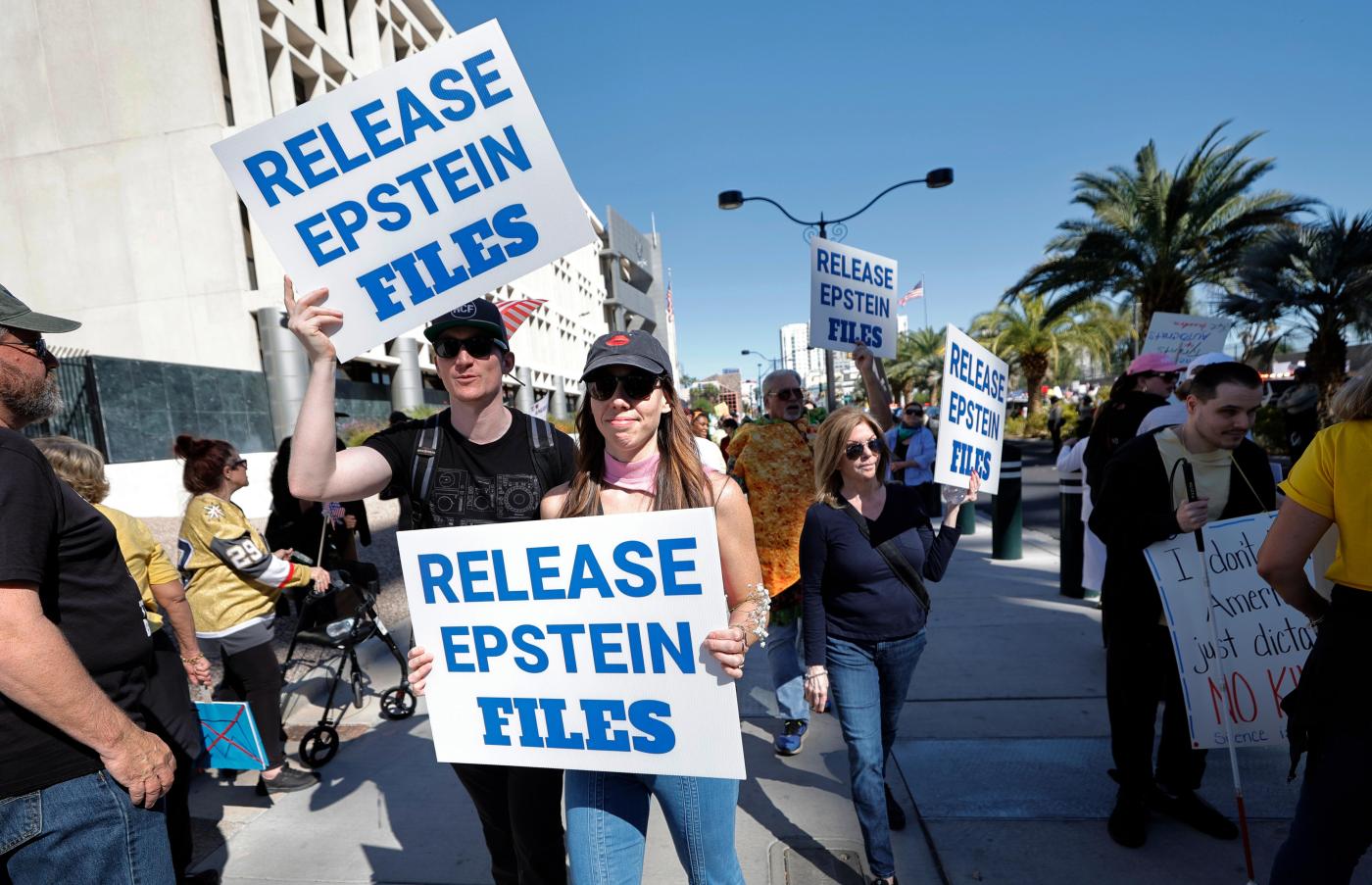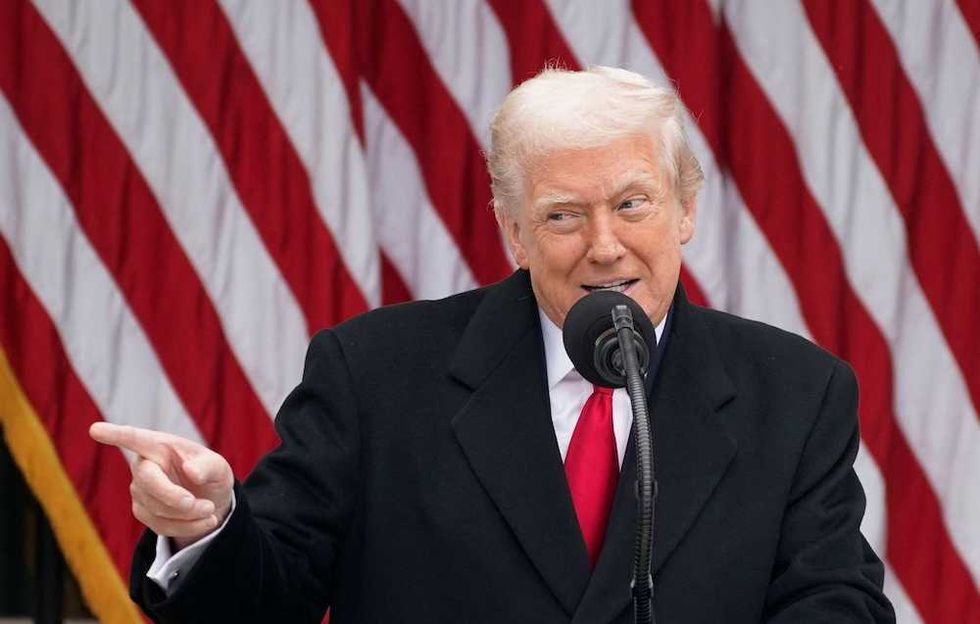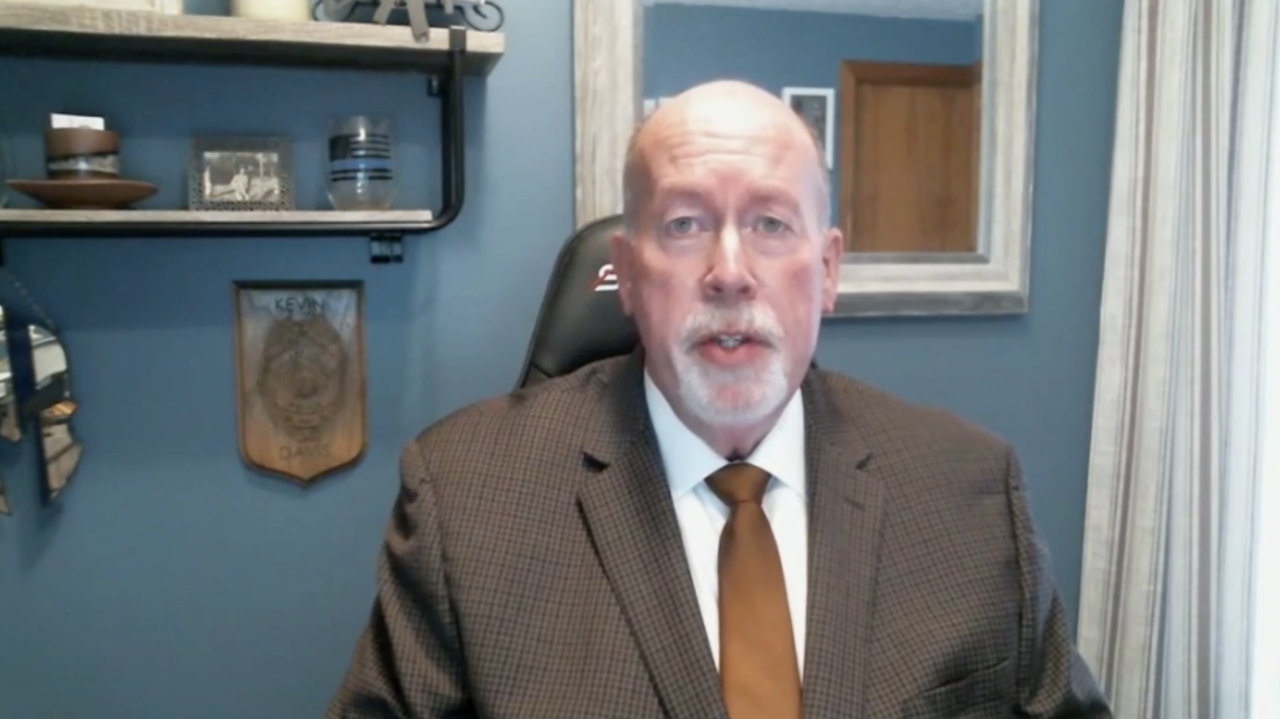The release of over 20,000 pages of Jeffrey Epstein’s files by the House Oversight Committee has ignited a political firestorm. The documents, submitted by the Epstein estate, prompted Democrats to highlight a selective subset that predominantly references former President Donald Trump. This has led to accusations from Republicans of cherry-picking information to support a narrative that suggests Trump had a closer connection to Epstein than previously acknowledged.
Among the highlighted documents are three email exchanges between Epstein and his associate, Ghislaine Maxwell. One email from 2011 refers to Trump as “the dog that hasn’t barked,” suggesting he was aware of Epstein’s activities but remained silent. A more controversial claim from a 2019 email states, “Of course [Trump] knew about the girls as he asked Ghislaine to stop.” Democrats have used these excerpts to imply a cover-up involving the White House regarding Epstein’s criminal activities.
However, the context of these emails remains unclear. Media outlets and analysts have pointed out that the released snippets lack crucial details, such as the identity of the alleged victim mentioned and the circumstances surrounding these communications. Critics argue that without this context, the Democrats’ narrative appears misleading.
In a swift response, the Republican majority on the Oversight Committee publicly released the entire set of Epstein estate documents. They emphasized that they did not filter or curate the materials, allowing the public to assess the full scope of the files. Republicans condemned the Democratic approach as “not grounded in the facts,” asserting that it ignored exculpatory evidence that could mitigate the implications for Trump.
A review of the Epstein files reveals no accusations against Trump regarding sexual misconduct or criminal activity. Notably, Virginia Giuffre, who is often linked to Epstein, has not accused Trump of wrongdoing. Giuffre, who was a teenage staff member at Trump’s Mar-a-Lago club, has publicly stated that Trump behaved appropriately towards her. In her memoir, published posthumously in 2025, she describes Trump as “couldn’t have been friendlier.”
Furthermore, Trump took measures to distance himself from Epstein years before the latter’s arrest in 2019. Reports indicate that Trump banned Epstein from Mar-a-Lago after an incident involving an underage girl at the club in 2007. Trump’s own statement from July 2025 details his decision to expel Epstein due to his inappropriate behavior, which included “stealing” young female staff members from the resort.
In a recent interview with the Justice Department, Maxwell stated unequivocally that she never witnessed Trump engage in any inappropriate conduct. She remarked, “I never witnessed the president in any inappropriate setting in any way. The president was never inappropriate with anybody. In the times that I was with him, he was a gentleman in all respects.”
Republicans have also raised concerns about the Democrats’ focus solely on Trump amidst a wealth of powerful individuals implicated in the Epstein files. They argue that the selective release of information demonstrates a politically motivated agenda rather than a genuine pursuit of justice.
Despite ongoing discussions, Democrats continue to highlight portions of the Epstein files that contain sensational allegations, including unverified claims regarding Trump’s interactions with other political figures. This selective emphasis has drawn criticism for overshadowing the broader implications of the documents, which implicate numerous high-profile individuals across the political spectrum.
As the controversy unfolds, the political landscape surrounding the Epstein files remains charged, with both parties leveraging the situation to bolster their narratives. The public discourse continues to evolve as more information comes to light, prompting questions about accountability and transparency in high-profile cases involving powerful figures.







